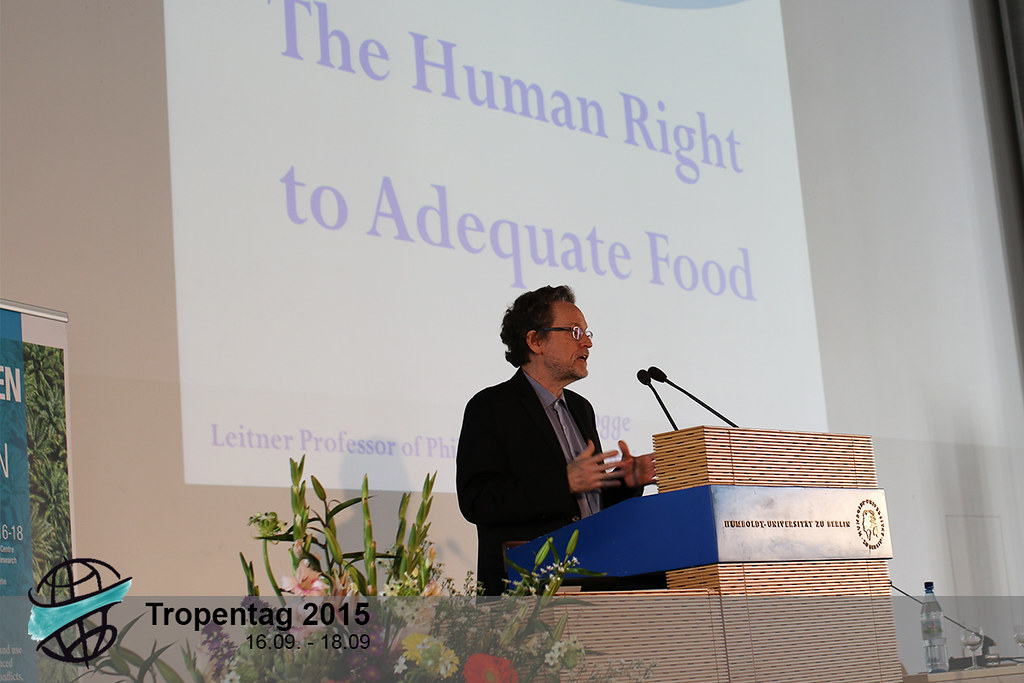Policy 2015
One Woman's Different Story of Tropentag
Fri, 09/18/2015 - 21:41 — Grace Mwaura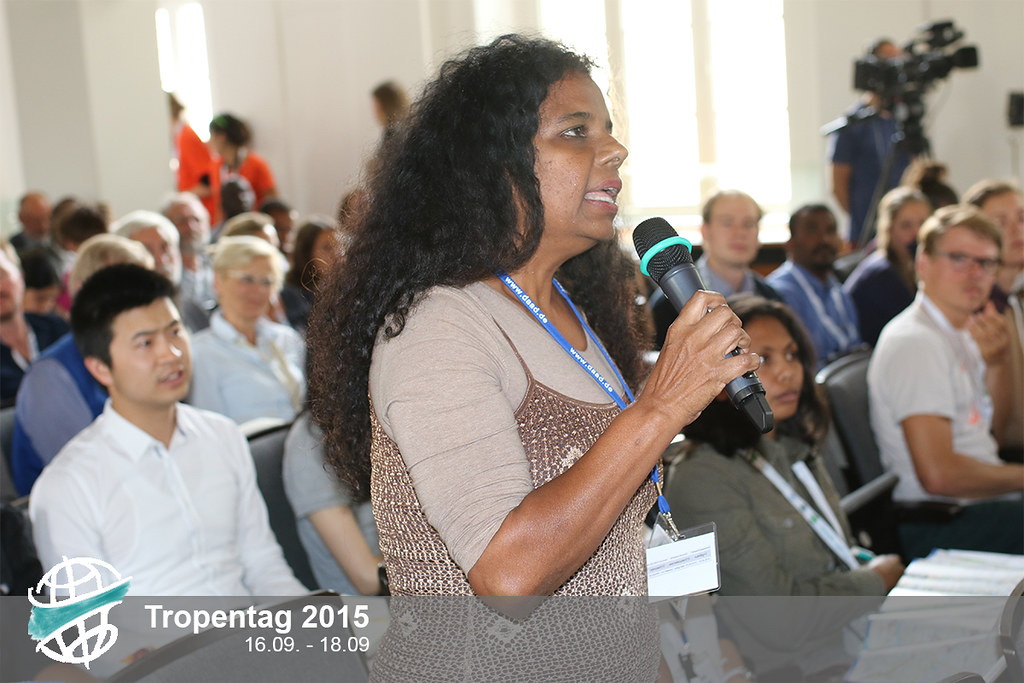 Continue...
Continue...
Reducing Transaction Cost helps Rural Farmers!
Fri, 09/18/2015 - 11:42 — RegieRoom for Growth
Fri, 09/18/2015 - 11:41 — Suzanne Myada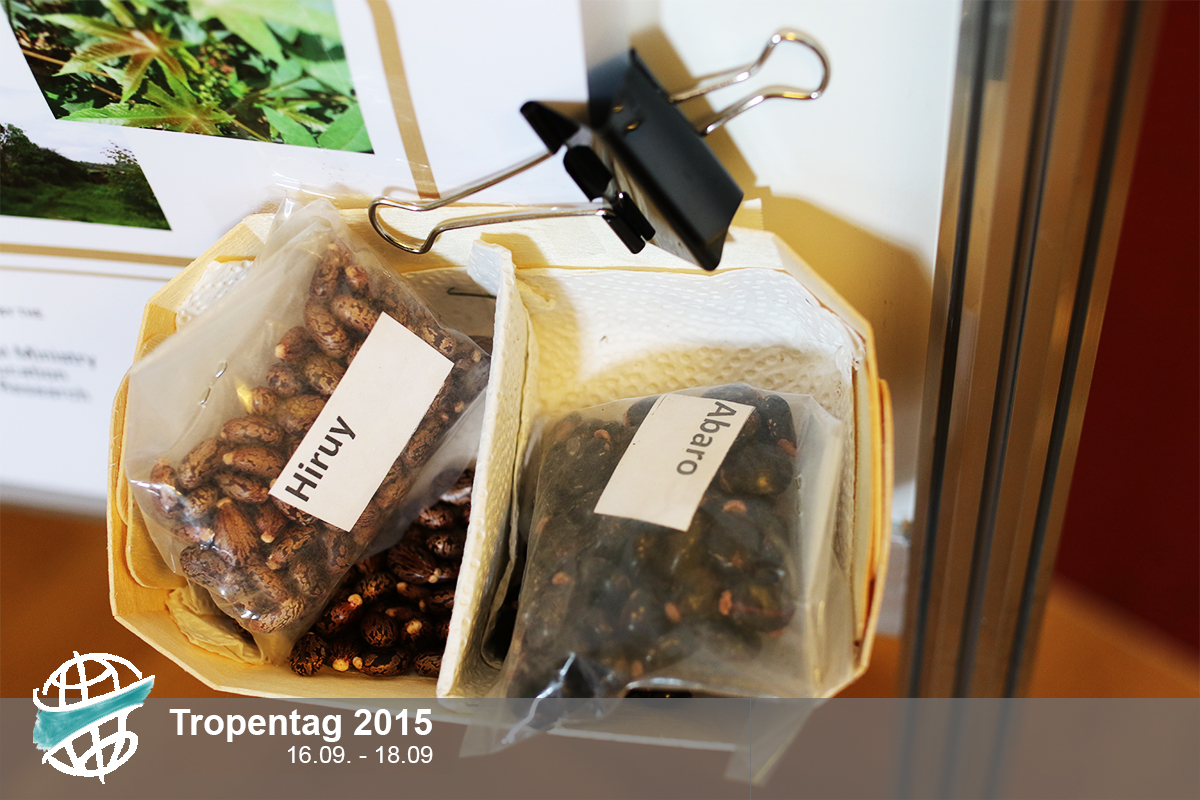 Continue...
Continue...
Value Chains: Opportunities and Challenges in the Tropics and Sub-Tropics
Thu, 09/17/2015 - 18:29 — Pacifique IngabireWhen people talk about value chains, we may understand how products move from one actor to another, and of course when you are a researcher or a student you hear it from lectures; but do we really conceptualize value chains in the same way? Given the variety contexts and questions in which it is used, do researchers have a common, concrete definition for this concept, or is it a vague term that is used differently depending on the objectives of the researcher?
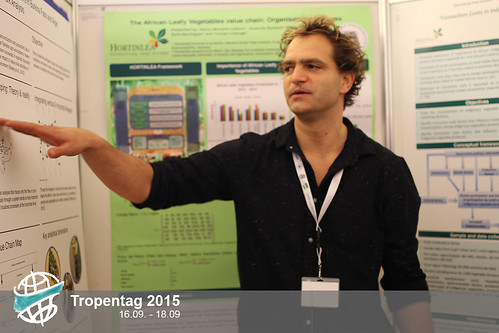 Christian Klein
Continue...
Christian Klein
Continue...
Gender Conversations at Tropentag
Thu, 09/17/2015 - 11:47 — Grace Mwaura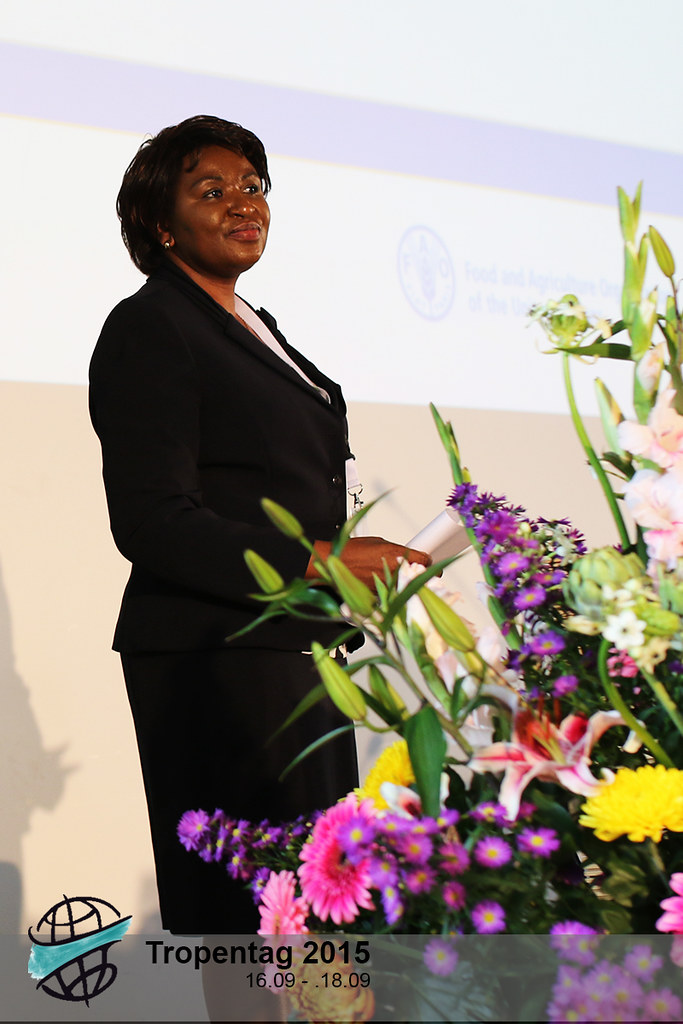 Brave Ndisale, FAO
Brave Ndisale, FAO
In our earlier post, we highlighted the subject of gender and land tenure as discussed by the Tropentag keynote speaker, Brave Ndisale. A gathering of researchers and development practitioners also presented research posters addressing issues of gender and land tenure, value chains, and collective action drawing from case studies in Nigeria, Sudan, Ecuador, Kenya, Uganda and Ghana. Continue...
The Tropentag of Controversies
Thu, 09/17/2015 - 11:43 — Grace MwauraA heightened debate marked the opening of the Tropentag conference with scholars, researchers, and development organizations confronting the complexity of addressing food insecurity, climate vulnerabilities, and gender disparities.
Thomas Pogge, a Professor of Philosophy at Yale University, contested the current methods used by organizations, such as the FAO, to measure food insecurity and hunger, thereby informing the international commitments to address world’s hunger and food insecurity.
